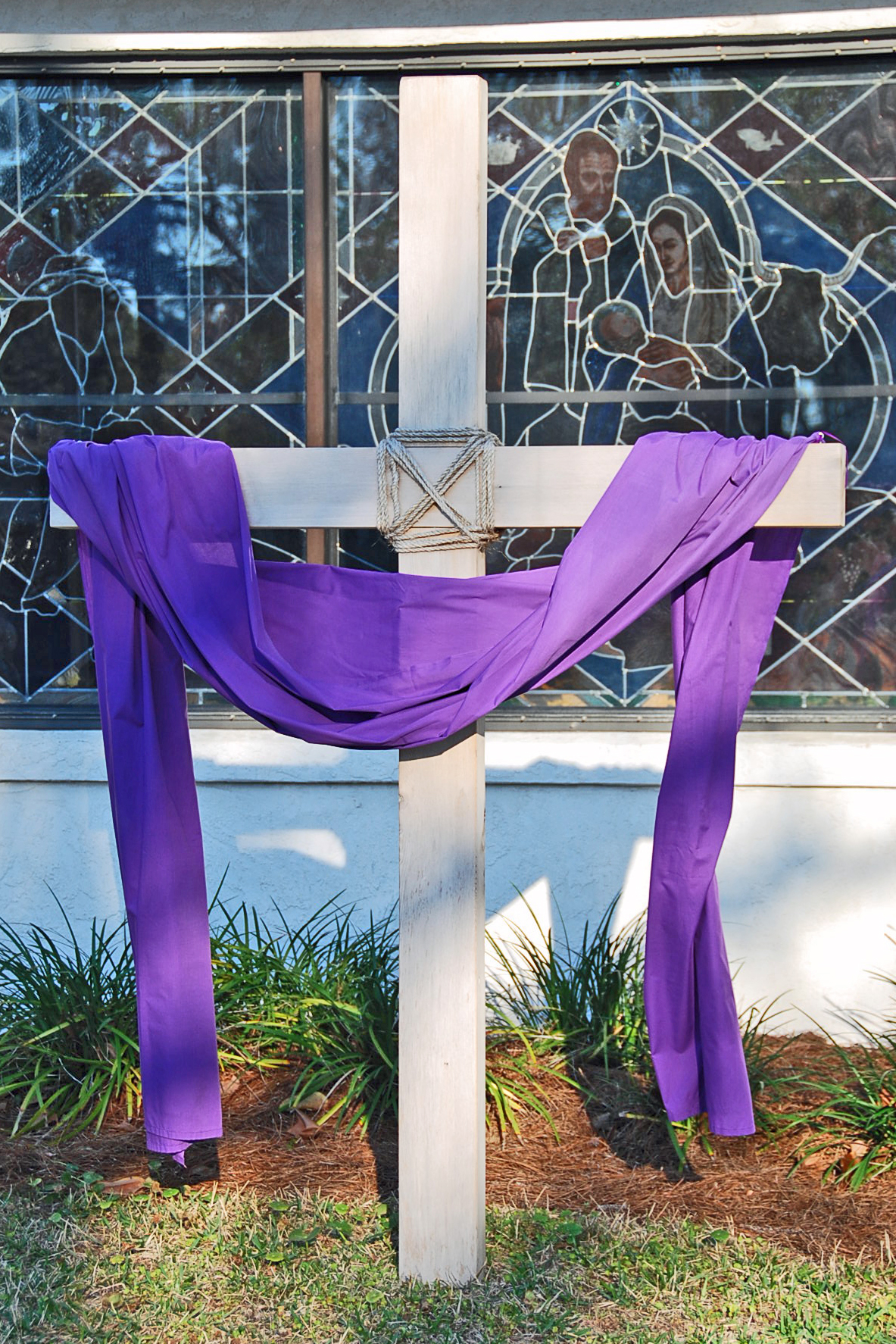Then the righteous will answer him, Lord, when did we see you hungry and feed you, or thirsty and give you something to drink? When did we see you a stranger and invite you in, or needing clothes and clothe you? When did we see you sick or in prison and go to visit you?
The King will reply, Truly I tell you, whatever you did for one of the least of these brothers and sisters of mine, you did for me.
Matthew 25.37-40
A few years ago I was in South Africa at a children’s village. The woman in charge was called Mamma Mary, and she was perhaps the most profoundly spiritual person I have ever met. In the few minutes we shared together at her kitchen table, she spun out some of the most complex theological truths you could ever mine from the Scriptures.
Mamma Mary grew up under the Apartheid regime, suffering greatly at the hands of the Afrikaners. But she understood the deep things of the Scriptures because of Desmond Tutu, the Anglican Archbishop of Cape Town, who was from the tribe of Xhosa, like Mary. Mary learned from Bishop Tutu what she could not read in the Bible. She learned who she was in the eyes of God and what God wanted for her and for all South Africans. She learned about the discrepancies between her real life and the life God wanted for her, and she learned that those discrepancies made him angry.
But Mary was not angry. Maybe that was because Apartheid had been over for more than a decade when we met, but I suspect that the absence of anger had less to do with time past and more to do with her understanding that all people, even those who wounded and persecuted her, were loved by God.
I wish I could have recorded those few minutes around Mary’s table. She said everything so powerfully and so simply. She was full of light and joy.
Of all the things she said, the one that stands out most for me is this: How you treat others is how you treat God.
Surrounded by the effects of the Afrikaners’ persecution–the stump of a leg remaining on the man next to me, several scarred men and women serving in the kitchen behind Mary, Mary herself bearing the wounds of her victimization–and hearing these words spoken about loving white South Africans was a transformational encounter.
There was never a better sermon.
This idea is at the root of the Ubuntu proverb, A person is a person through other persons, which itself comes from Jesus’ teaching concerning “the least of these.” The people around you are themselves made in the image and likeness of their Creator, bearing a resemblance to him, made like his shadows. The way you treat them is the way you treat God himself.
This post is from Seasons of Christian Spirituality.
fossores
Related posts
Categories
Category Cloud
Tag Cloud
Recent Posts
- Victors and Victims November 6, 2018
- 3 Hacks for Happiness October 29, 2018
- Hope Against Death September 20, 2018
- The Shape Of The Cross September 19, 2018


